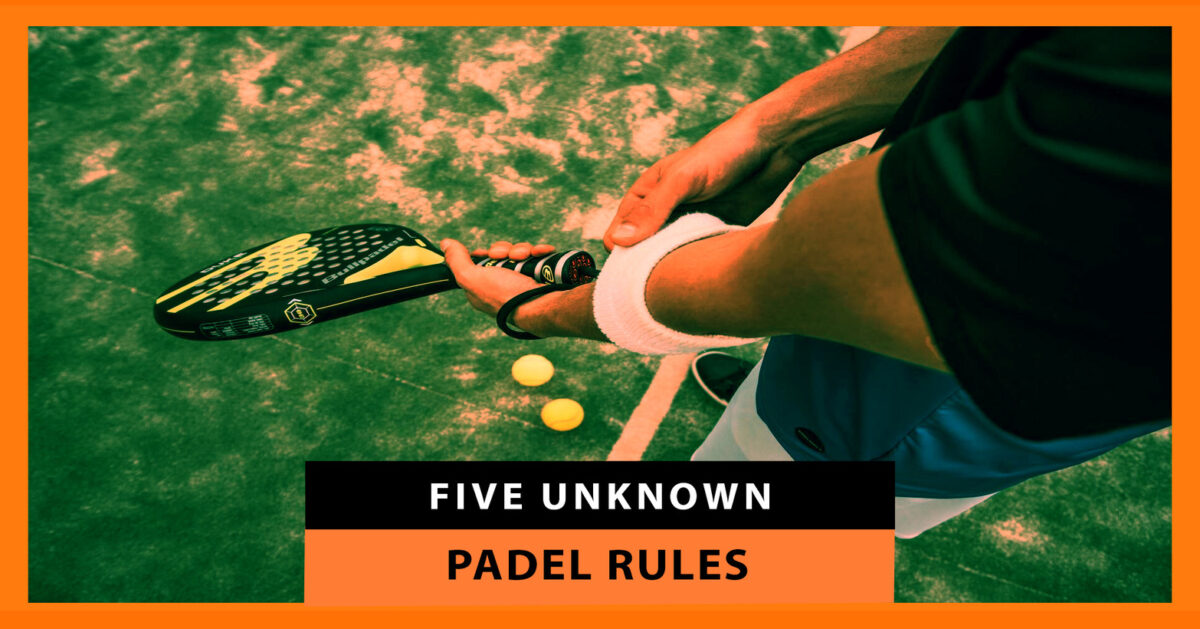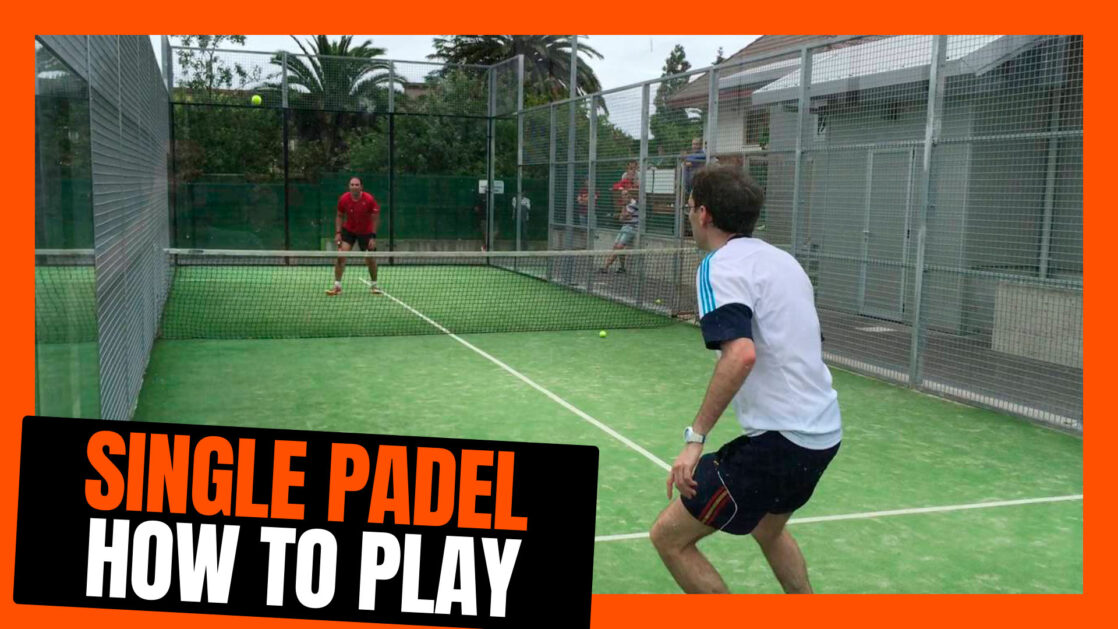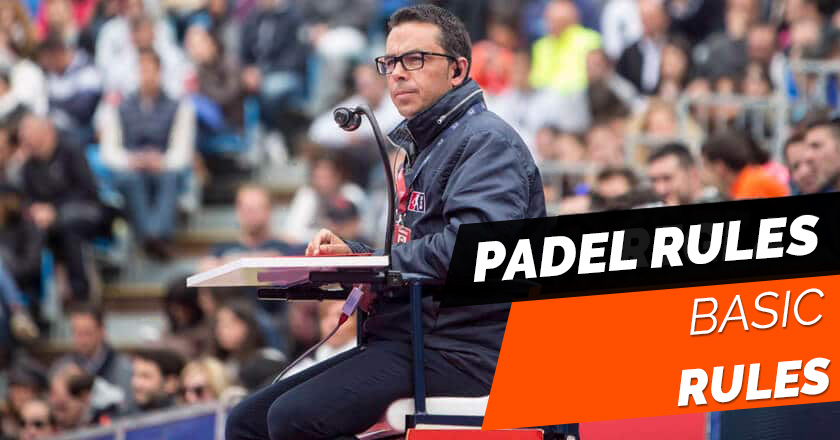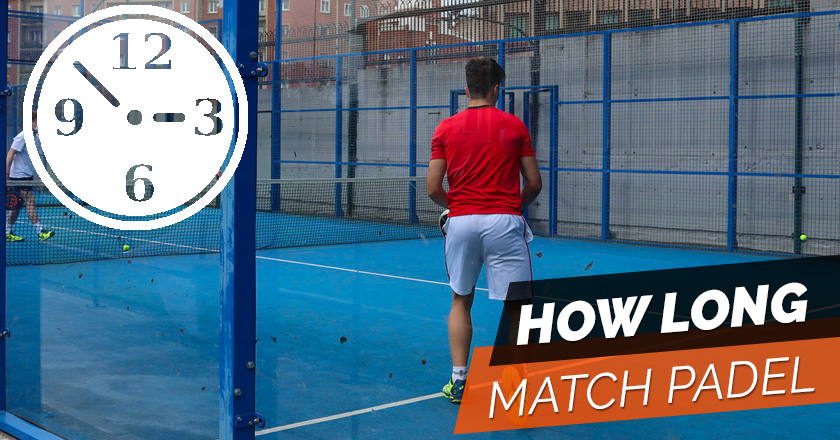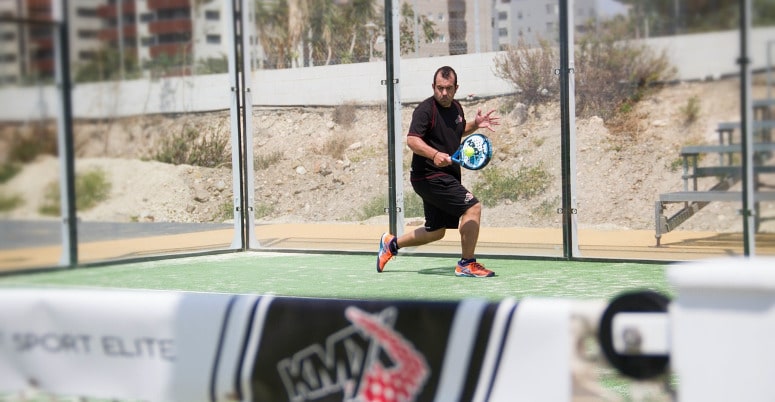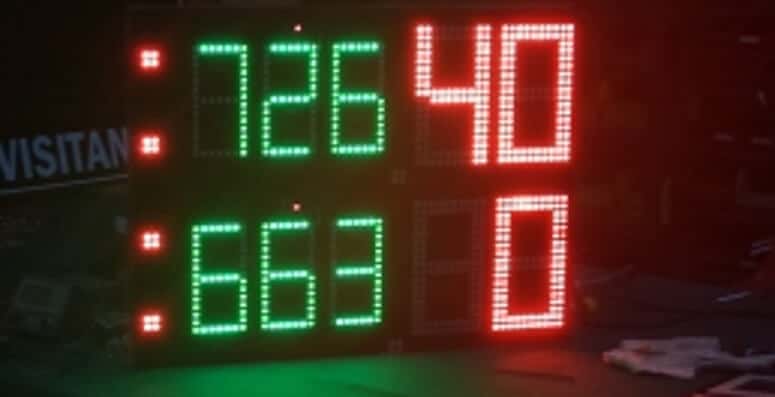A new padel season begins, and it’s not only about making sure every hit is accurate when we enter the court, but also about understanding every single detail of the game. Therefore, today on the blog, we analyze five peculiar padel rules that can make a difference at certain points during a match.
Five Padel Rules You Didn’t Know
Stop shouting before your opponent makes a shot!
If you’re someone who tends to talk a lot during a match, keep in mind that excessive communication can backfire, especially if it annoys or distracts your opponent in any action of the game.
You’ve probably shouted “short!”, “get out!”, “run!” or something similar to your partner when making a lob that stays close to the net and that the opponent can take advantage of to define. Well, doing it repeatedly and in a loud tone before they hit the ball can result in the loss of the point, especially in competitive matches where there is a referee or chair umpire present.
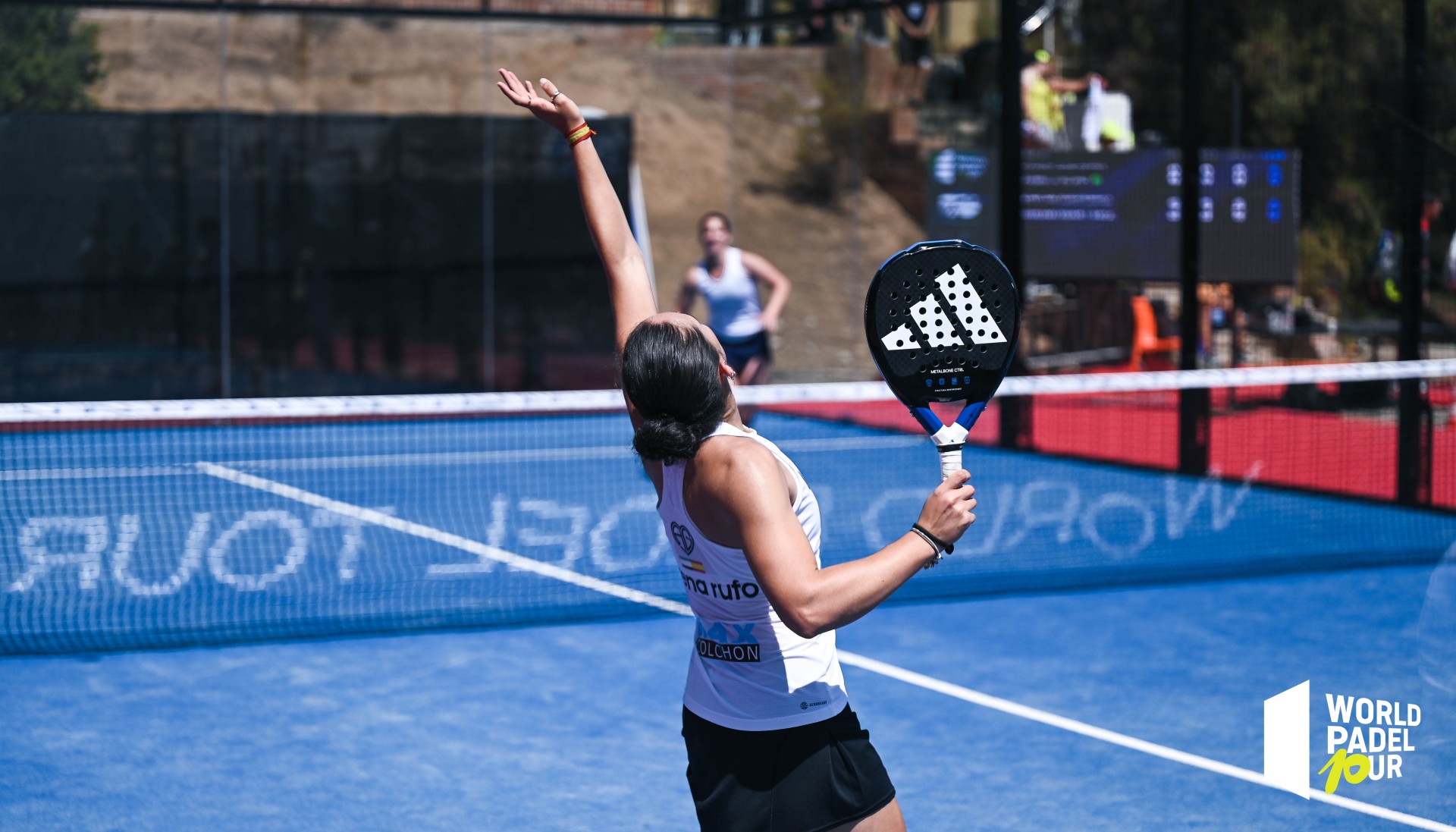
If the opponent communicates that you or your partner are shouting angrily and repetitively when they are going to hit the ball, limiting their concentration and making it harder for their hit to be successful, the chair umpire could agree with them and award the point.
Currently, there is a legal void regarding this situation, since it is left to the mere interpretation of the referee, but we recommend you keep it in mind in future matches or tournaments.
If the serve is going to bounce out, forget the ball
Surely it has happened to you at some point. Your opponent makes a service that goes long, but before the ball bounces on the ground for the first time, you touch it with your racket to catch it and return it, aiming to save time.

Well, you should know that at that moment you will have automatically lost the point. This is what the regulations say regarding this situation:
- If the ball hits the player who is returning or their partner, or if they touch it with their racket before it has bounced, it will be considered the server’s point.
When can you invade the opponent’s field?
The thin line between right and wrong is always present when we make a hit very close to the net. It’s one of the situations that generates the most doubts among padel players.
A player may only “invade” the opponent’s field, that is, cross the net line with their body, after the ball has bounced in their own field, never before.
That is, if for example the opponent makes a smash and we take advantage of the rebound generated in the glass of our field to return it by four, there will be no problem if our racket or any part of our body invades the opposing field as long as we do not touch the net. What is not allowed is to do it before the ball has bounced in our field.
This situation is often difficult to manage when the ball comes with little speed and passes close to the net in a descending manner. Many players interpret that they can take it out by four to define the point, but end up touching the net or hitting the ball before it reaches their own field.
Therefore, when this happens we recommend letting the ball bounce to then take advantage of the height it gains and make a smash by four, or simply put it into play if it stays at mid-height with the goal of keeping the opponents defending close to the back glass.
Bringing it back to your field doesn’t always mean winning the point
It often happens and many times you surely don’t realize it. You make a spectacular smash, with the right technique and power, you bring it back to your field and before it bounces on the ground, you decide to catch it. Well, you should know that if your opponent notices and hasn’t lost sight of the play despite not reaching the rebound, you will have lost the point. The regulation is clear:
- “The point will be lost if after hitting the ball one of the members of the pair it touches the player himself, their partner, or any object they carry with them.”
“Infinite Net”
It’s rare for a match not to have a “net”, that is, a situation that occurs in the following cases:
- When after making the serve hit, the ball touches the net or the posts holding it and then falls in the server’s area as long as it does not touch the metallic mesh before the second bounce.
- When after making the serve hit, the ball after touching the net or the posts (if these are inside the play area) hits any opponent or any item they carry or wear.
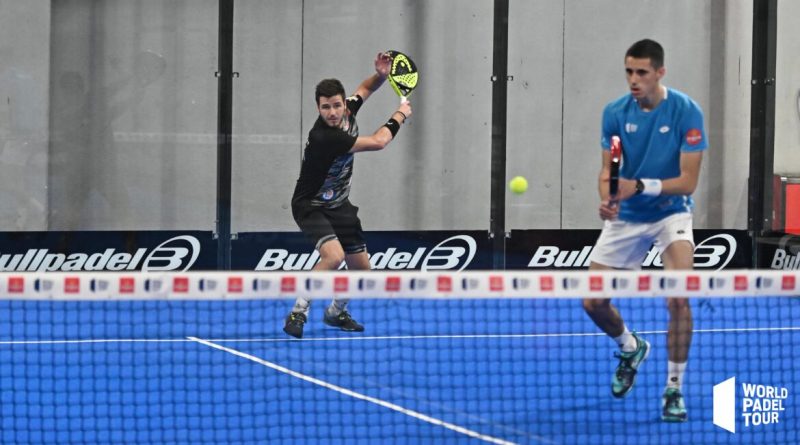
Have you ever wondered how many times an “infinite net” can occur consecutively? Well, you should know that this situation can happen an infinite number of times without it resulting in the loss of the point, since there is no section of the regulations that governs it, being a fortuitous action that very rarely repeats.

 Español
Español
 Belgique
Belgique
 English
English
 Français
Français
 Italia
Italia
 Nederland
Nederland
 Sverige
Sverige
